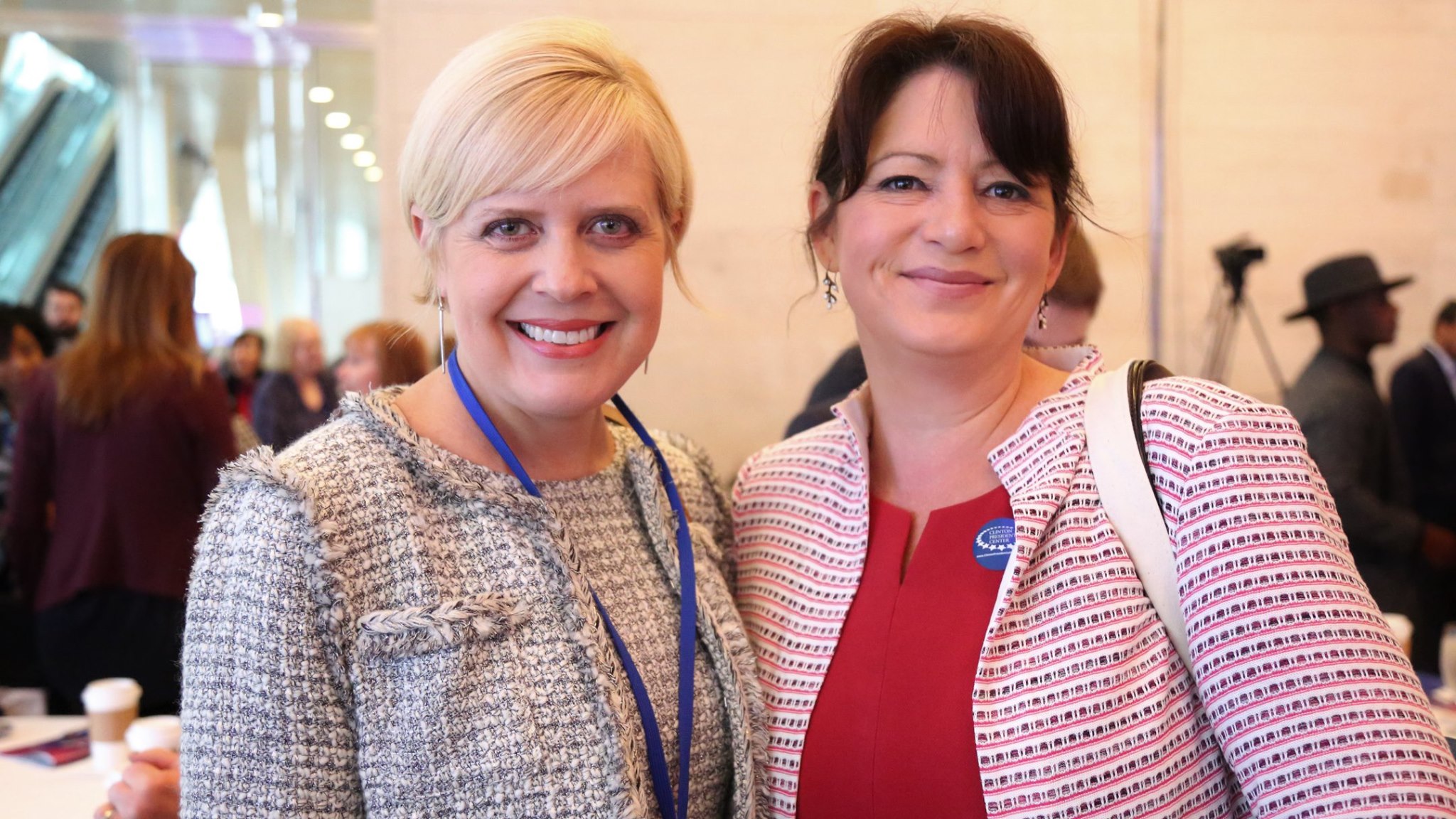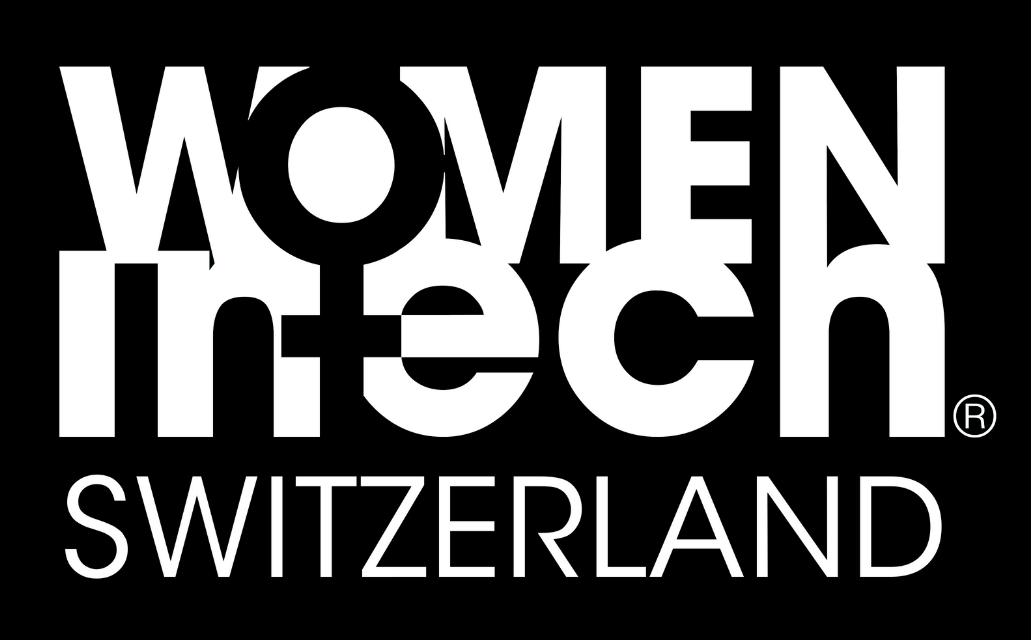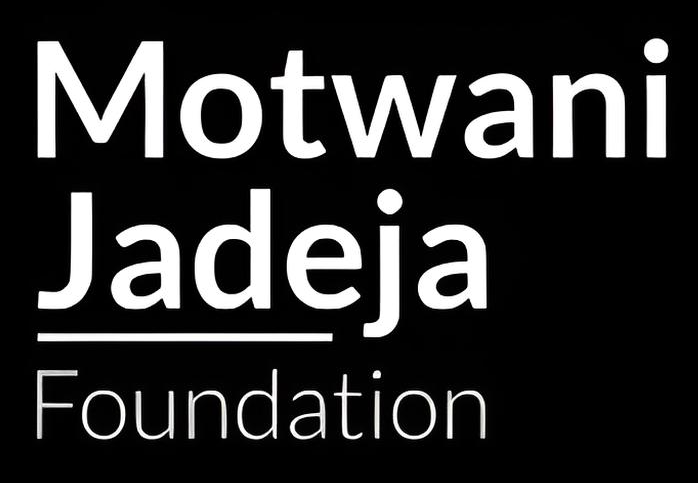In order for global health programs to achieve equity, they must represent all of society. Women need to be represented in strategic decision-making processes and in program implementation, to ensure programs have the desired impact and are effective for all targeted populations. Public health programs that have broader representation and inclusion of society are more effective.
As public health programs are implemented at the community level, the frontline health workers must include women able to connect with their communities to drive impactful results on morbidity and mortality. Many studies have shown that investing in women’s education and building their skills has a measurable impact on health outcomes, especially child mortality[i]. An example of this is the global initiative to eradicate polio, which would make it the second human disease ever eradicated. This work starts and ends within the community.
Frontline health workers and vaccinators needed to be trusted by the community to reach every child, in every home, in every village and town. Women play a unique and irreplaceable role in reaching every child in communities, as they are trusted to enter the homes of families. In Pakistan, women vaccinators visit each household to identify all children aged under five years and vaccinate them against polio. In northern Nigeria, women serve as community mobilizers, to sensitize communities to the importance of vaccinating against polio and other vaccine-preventable diseases, in addition to providing information about antenatal care.
In Quetta, Pakistan, female social mobilizers provide polio awareness sessions for students in girls’ schools. All-female vaccination teams conduct door-to-door polio vaccine campaigns in villages in Afghanistan. Women also serve in supervisory roles for vaccination teams, and as surveillance, reporters to identify any case of acute flaccid paralysis (which can be a sign of polio) so that the virus can be found – and stopped.
Many countries have demonstrated that in order to interrupt wild poliovirus transmission, it is important to understand the role of women in different societies. Strategies to hire women health workers and vaccinators are tailored that society, so every child can be reached and vaccinated, resulting in no child being paralyzed and ultimately the interruption of wild poliovirus transmission.
To achieve program effectiveness, health programs that Include paid women health workers in the development of the strategies and in their implementation ensure that the needs of all members in a community can be met, allowing for increased coverage and uptake of programs such as vaccination, and working towards the ultimate in health equity, such as the eradication of polio.
To ensure health programs for all, you want a health program to have an impact: don’t leave half your population out of planning and implementing it.
[i] https://www.who.int/bulletin/volumes/92/7/14-138131/en; https://www.researchgate.net/publication/319665632; https://www.researchgate.net/profile/Adedeji_Adewusi2/publication/326914697



































